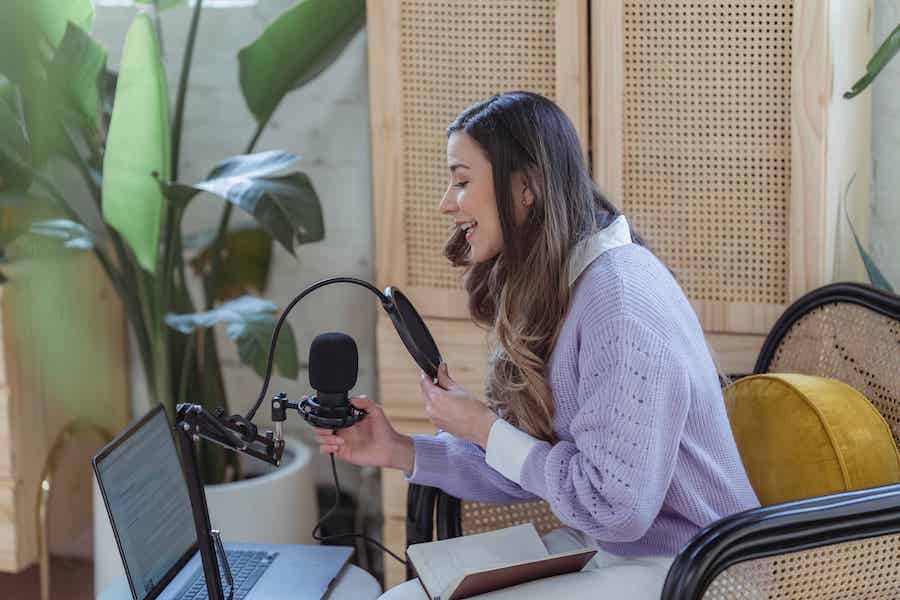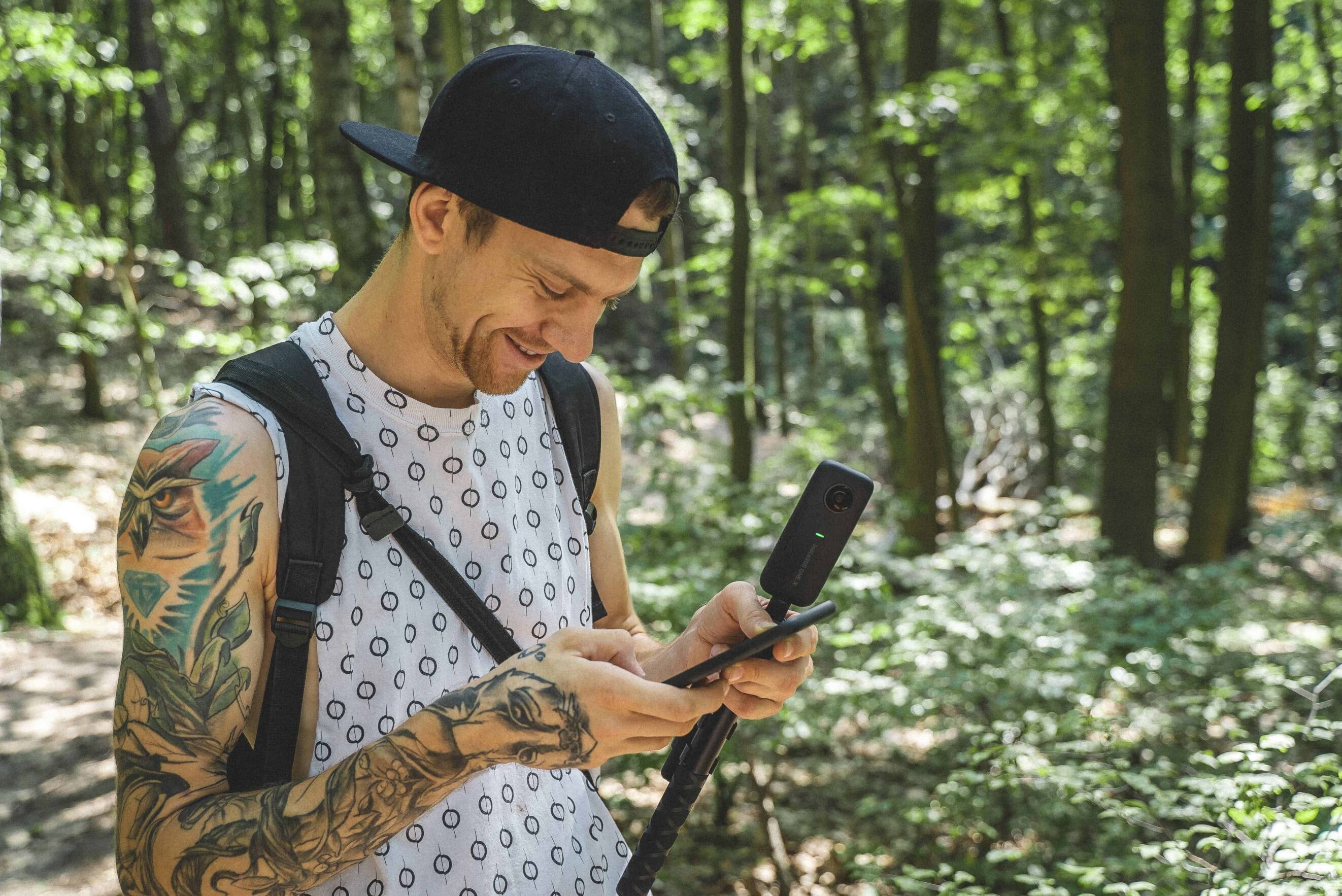So you want to start a podcast? Great! It’s likely that you’re already an expert in a subject area and want to share this knowledge to the masses. Or maybe you’re just downright hilarious and are hoping to offer a little entertainment.
While podcasting can be a golden opportunity to expand your personal brand, it can also be a bit intimidating. Despite recording podcasts in advance, the process can sometimes feel like a sudden foray into public speaking. Minus the live audience to help lighten the mood by reacting in real-time to what you have to say.
There are a few things that can help quell the nerves and, as a result, allow your personality to shine through to its fullest potential. Even if you’re discussing more serious subjects like true crime, current events, or world history, your listeners are still going to want to hear from a genuine you. And are listening for the unique way you tell stories or relay information.
If you hope to maximize your podcasting personality’s potential, consider the five quick and easy tips below.
Tips for enhancing your podcast personality
1. Define your role
Are you an information giver? A jokester? A storyteller? You can, of course, be a hybrid of all three, but it’s important to hone in on one primary role. Figure out why people are listening to you in the first place, and make that your focus. Diving into complex subject matters or more profound topics will require different parts of your personality at different times (i.e. you probably don’t want to lead with a joke to discuss the economic impact of COVID). It’s critical to maintain a heightened level of self-awareness that allows you to inject more personality when appropriate.
Another great exercise is to jot down a list of personality traits that your friends and family would use to describe you. From there, highlight a few that represent you best and keep those attributes in mind as you record and plan segments. You can then embody these characteristics as you speak and they will help to define what makes you uniquely you in the crowded podcasting space.
2. Write things down in advance
Treat your podcasting hour like a stand-up routine. Prepare the recording by researching in advance, and take a moment to flesh out any personal anecdotes or jokes that will help to make the content more interesting or relatable. This will also come in handy if you need to fill a lull in the conversation and keep the dialogue moving. The last thing you want is for listeners to think you’re uncertain or unable to control the pacing. Having a short list of cues will remedy any potential hiccups along the way. Do not memorize these stories verbatim, though. The bulk of your material should be improvised to sound conversational and free-flowing in tone. Remember: Structure is great; a script is not. You want your podcast personality to feel authentic, not like acting.
3. Don’t be afraid to experiment
While it is important to approach a podcast with clear intentions and an overall mission (i.e. having some sort of takeaway or learning), don’t be afraid to experiment with the format. It can’t be too much of one thing. Sure, there is something to be said for consistency and giving your audience exactly what they want. But it’s also important to keep things fresh and inventive, which you can do by varying your approach to different episodes. Your personality is dynamic, multi-dimensional, and not one-noted and this should be reflected in how you treat the episode. Keep evolution in mind to reflect any evolution you may have in your own life. Redundancy can become stale and you want the show to grow with you.
Don’t be afraid to also ask for listener feedback. They are typically very honest (almost brutally so) and you can make minor adjustments to bring out the best version of you.
4. Conduct test runs
You can tape individual segments and — thanks to the power of editing — piece them together until it makes up a full hour. Keep in mind that audiences are super sensitive to abrupt pauses or a lack of continuity. So these transitions should be flawless until you can go a full hour without any sort of break.
But whether you’re pre-taping multiple parts or one episode from start to finish, use this opportunity to listen back and flag any moments that you like or don’t like. If there is a story or a part where your personality really shines, you can use this to inspire themes for future tapings.
5. Have fun
This may be the corniest advice of the bunch, but podcasting should not feel like a chore. Instead, it should feel like a celebration and an opportunity for you to connect with people you may not meet in everyday life. If you love what you’re doing, this enthusiasm should relay naturally and not feel forced. If you’re struggling, maybe it’s wise to reconsider your approach or topics. Or maybe podcasting isn’t the right medium for you, at least for now. And that’s entirely okay! Only you know how you are feeling and whether or not you’re bringing your most authentic self to the microphone.
Join more than 150,000 creators who use Teachable to make a real impact and earn a real income.








